 |
Associate Professor Piotr Tsvetov, First Vice President of the Russia-Vietnam Friendship Association: A special front of the diplomatic struggle
The Geneva Conference in 1954 had great historical significance, ending the war on the Indochina peninsula initiated and conducted by French colonialists, and opening a new chapter promoting the independent development of the Vietnamese people.
The Geneva Conference determined the future of Vietnam as an independent, unified nation. Accordingly, a general election was planned to be held in 1956, from which the political system of a unified Vietnam would be decided.
According to the decision of the Geneva Conference, French colonialists were forced to leave the Indochina peninsula. This was one of the manifestations of the collapse of Western colonialism and a symbol of victory for national liberation forces around the world.
This was a historic victory for the Vietnamese people, a victory both politically and militarily. The results achieved at the conference meant that the entire world community recognized the independence of Vietnam, Laos and Cambodia.
The participation of the Democratic Republic of Vietnam delegation in the conference with delegations from other countries such as the Soviet Union (formerly), the United States, Britain, and France showed that the Democratic Republic of Vietnam had become an equal subject in world politics at that time.
The Geneva Conference determined the future of Vietnam as an independent, unified nation. Accordingly, a general election was planned to be held in 1956, from which the political system of a unified Vietnam would be decided.
However, history took a different turn as the US launched an invasion against the people of Indochina. After many hardships and sacrifices, in 1975 Vietnam unified the country.
During the years of the Second Indochina War, as co-chair of the Geneva Conference, the Soviet Union demanded that the US government fulfill its commitments in the Geneva Agreement. This was a special front in the diplomatic struggle. Through the Geneva Conference, special relations developed between Soviet and Vietnamese diplomats.
In Geneva, the delegations of the Democratic Republic of Vietnam and the Soviet Union closely coordinated, supported each other's views and held mutual consultations. Today, cooperation between Vietnamese and Russian diplomats on the international level still exists.
In Russia today, the Geneva Conference is still mentioned. Russian historians continue to study its profound lessons. In 2017, a large collection of documents from the Geneva Conference was published in Moscow. This collection includes previously unpublished documents from the archives of the Russian Federation and Vietnam.
Mr. Alain Ruscio, French historian: A great source of inspiration and encouragement for the national liberation movement
 |
Through the negotiation process and then the signing of the Geneva Agreement, Vietnam demonstrated the flexible, agile and steadfast diplomatic stance and mettle of a peace-loving country with a glorious thousand-year history of defending the country.
On July 25, 1954, sharing the great joy of peace-loving people and wholehearted supporters of Vietnam in France and around the world, the newspaper L'Humanité (French Communist Party) published an editorial stating: We, the communists, feel happy from the bottom of our hearts. Millions of people have built up their will and never faltered in the movement to fight against the unjust war.
And as a result, right now, we are living in moments of peace. Surely soldiers like Léo Figuères, Henri Martin and Raymonde Dien are doubly happy because they did not fear danger to fight for peace in Vietnam. We all share the same happiness. Long live peace!
Associate Professor, Dr. Thananan Boonwanna, Thai historian: Opening a new page in history
The signing of the Geneva Agreement opened a new page in the history of Vietnam. In the context of the complicated world situation at that time, the Government of the Democratic Republic of Vietnam faced many challenges and was in great need of recognition from the world's great powers. The fact that Vietnam's representative was skillful in negotiating and achieving the Geneva Agreement was a great victory on the diplomatic front. In fact, with the 1946 Preliminary Agreement, France still believed that Vietnam was part of the French Union, but by the 1954 Geneva Agreement, Vietnam had defeated France.
The world and regional situation at that time was very complicated. Big countries with intertwined interests were trying to influence Southeast Asia for their own interests. However, with the Geneva Agreement and before that the Dien Bien Phu Victory, for the first time, after nearly 100 years of domination of Vietnam, France had to accept a ceasefire, withdraw its troops from the three Indochinese countries and, together with the countries attending the Geneva Conference, officially recognize the basic rights of a country: independence, sovereignty, unity and territorial integrity.
Vietnam knew how to utilize all resources to achieve its goals. Although Vietnam is a small country with a small population and not many resources in terms of weapons, equipment, etc., it was able to defeat a powerful country, France. Vietnam had waited for this moment for a long time. The Vietnamese people are proud that this is a true victory, bringing complete independence.
Vietnam has risen to become a leading country in fighting against the domination and domination of French colonialism and foreign powers. It is undeniable that, at that time, Vietnam became a model for small countries, relying on available potential, along with strategies and experiences in the struggles to achieve the goal of liberation and bring the country forward.
Lessons learned in the negotiations leading to the signing of the Geneva Agreement show that, with the will to fight for independence, Vietnam was strong enough to overcome many difficult periods, firmly adhere to the principles of national interests, help neighboring countries and be flexible in foreign policies. Up to now, Vietnam has had very good relations with the great powers, which is a testament to the correctness of the "bamboo" foreign policy of Vietnam.
Source: https://baothuathienhue.vn/chinh-tri-xa-hoi/khang-dinh-khat-vong-hoa-binh-va-doc-lap-143139.html










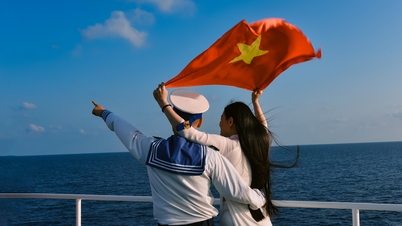

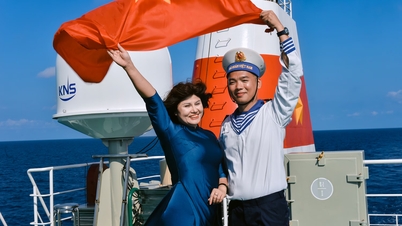






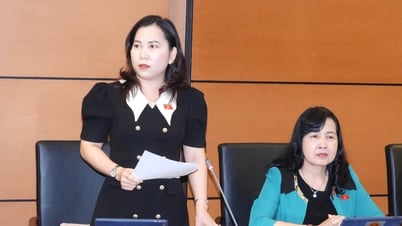
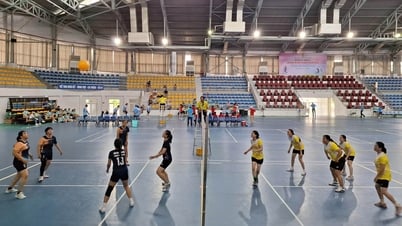
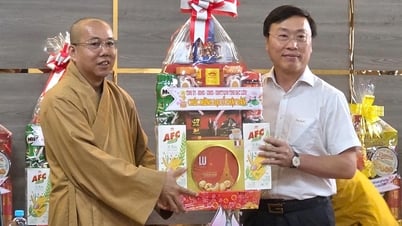




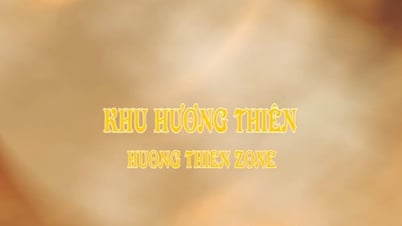
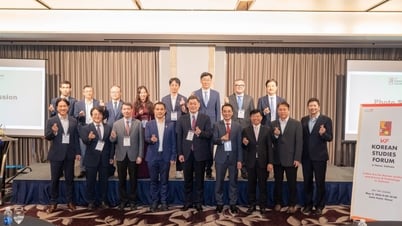
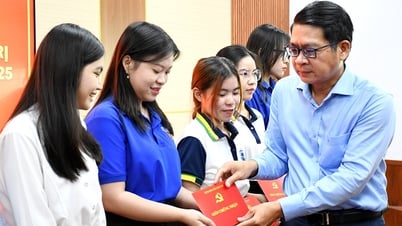
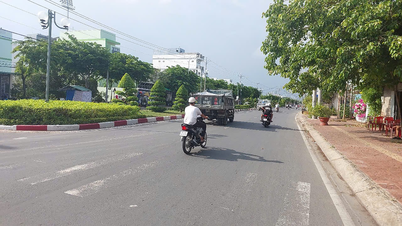
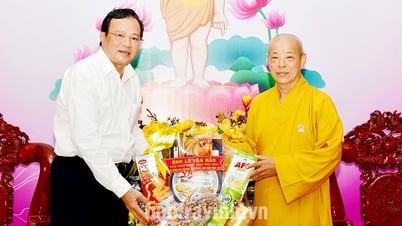


































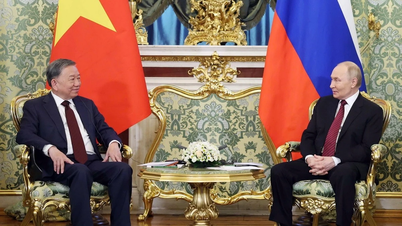

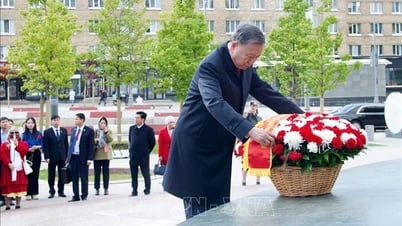
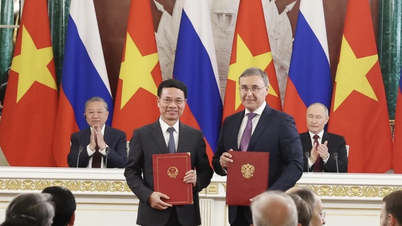
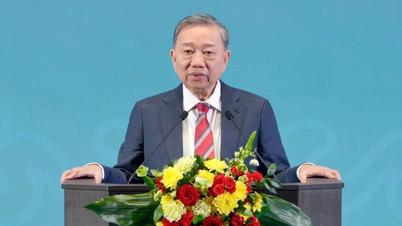










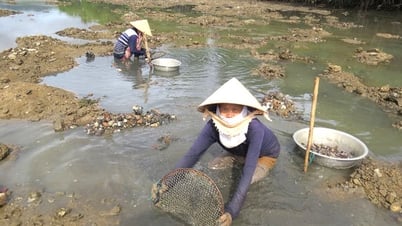


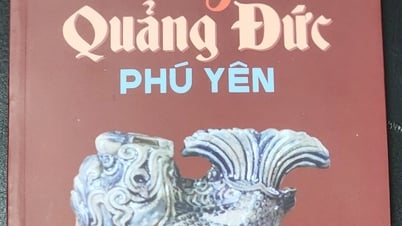
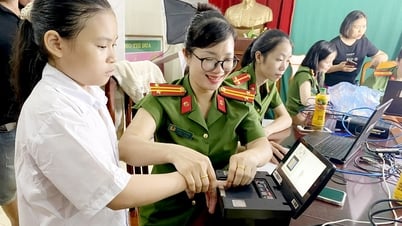















Comment (0)